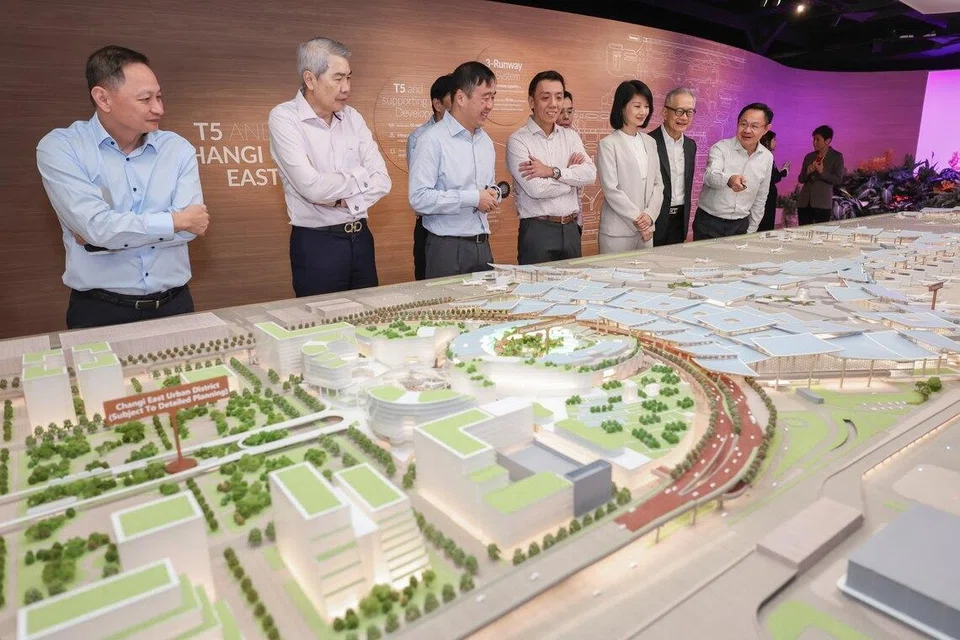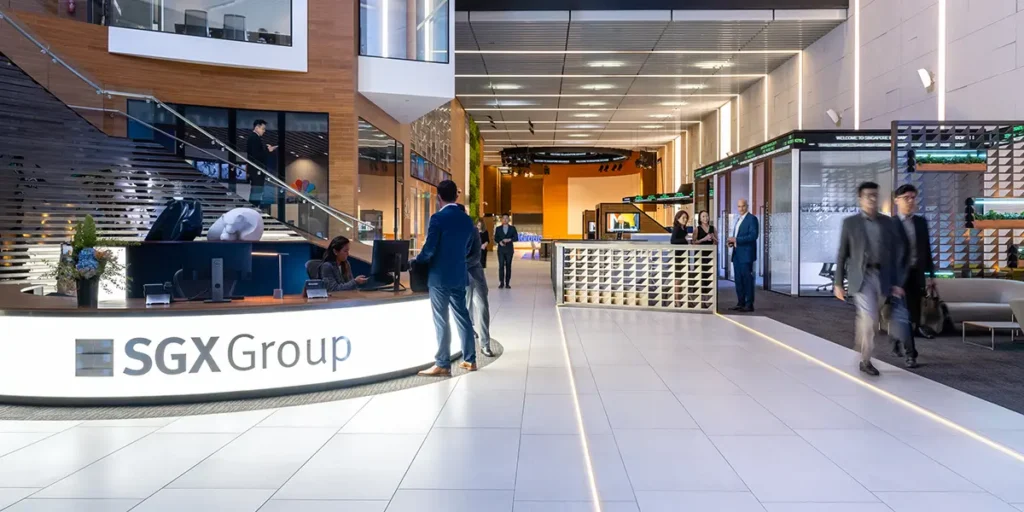
Photo Credit: https://static.mothership.sg/
The world is mourning the passing of Pope Francis, who died at the age of 88 in the Vatican’s Casa Santa Marta on Easter Monday. As the 266th Pope of the Catholic Church and the first Latin American pontiff, Pope Francis leaves behind a profound legacy of compassion, humility, and reform that touched not only the 1.4 billion Catholics worldwide but also people of all faiths.
Final Days and Health Struggles
Pope Francis’ final months were marked by significant health challenges. Hospitalised for five weeks earlier this year due to life-threatening double pneumonia, he was discharged in late March and continued his recovery at the Vatican. Despite a slight improvement in his condition, his health remained fragile, with lingering respiratory issues stemming from a long history of lung problems, including the removal of part of his lung at age 21. In his final public statements, he openly acknowledged his vulnerability, expressing solidarity with all those suffering from illness.
Remarkably, just a day before his passing, Pope Francis made a brief public appearance in St Peter’s Square for Easter Mass, greeting thousands of worshippers and delivering his blessing, a testament to his enduring commitment to his flock even in frail health.
Early Life and Rise to the Papacy
Born Jorge Mario Bergoglio in Buenos Aires, Argentina, in 1936 to Italian immigrant parents, Pope Francis was shaped by a life of humility and service. He became Archbishop of Buenos Aires in 1998 and was known for his close connection to the poor and marginalised. In March 2013, following the resignation of Pope Benedict XVI, he was elected as the first pope from the Americas and the first non-European pope in nearly 1,300 years.
A Papacy Defined by Simplicity and Reform
From the outset, Pope Francis sought to project simplicity in the papal office. He declined to move into the ornate papal apartments, choosing instead to live in a modest guesthouse for the sake of his “psychological health”. His leadership style was marked by a hands-on approach, a preference for dialogue, and a willingness to challenge tradition when it served the greater good.
He inherited a church reeling from scandals and internal divisions. His mandate was clear: restore credibility and unity. Throughout his papacy, he championed reform, sought to address the wounds of the church, and promoted transparency and accountability.
Champion of the Marginalised
Pope Francis will be remembered as a “champion of unity and hope”, as described by the Singapore Archdiocese. He was a tireless advocate for the poor, refugees, and victims of war, urging world leaders to pursue peace through dialogue and justice. His call for inclusivity reshaped the church’s image, making it a more welcoming place for those who felt excluded or forgotten.
He often spoke out on behalf of displaced people and the marginalised, both within and outside the church. His namesake, Saint Francis of Assisi, inspired his humility and his deep concern for the vulnerable.
Impact on Singapore and Southeast Asia
Pope Francis’ relationship with Singapore was especially meaningful. In September 2024, he visited the city-state as part of his longest Asia-Pacific tour, which also included Indonesia, Papua New Guinea, and East Timor. His three-day visit to Singapore was only the second by a pontiff and drew massive crowds, with over 50,000 Catholics attending Mass at the National Stadium.
During his visit, Pope Francis met with President Tharman Shanmugaratnam, Prime Minister Lawrence Wong, and other national leaders. He also visited the elderly at St Theresa’s Home and participated in inter-religious dialogue with youth, where he encouraged courage, openness, and sincere dialogue among Singapore’s diverse communities.
His message to young people was particularly memorable: “A young person that is afraid and doesn’t take risks is an old person.” He urged them to be critical thinkers but also to accept constructive criticism, warning that criticism without openness can be destructive.
A Global Spiritual Leader
Pope Francis’ influence extended far beyond the Catholic Church. He was recognised globally for his humility, his infectious smile, and his limitless compassion. Leaders around the world, including French President Emmanuel Macron and Britain’s King Charles, paid tribute to his moral leadership and advocacy for peace, unity, and the poor.
He was not without critics, facing resistance from both conservative and progressive factions within the church. Yet, his commitment to dialogue, reform, and compassion earned him the respect and admiration of millions.
The End of an Era and the Path Ahead
Pope Francis’ death triggers the centuries-old process of selecting a new pope. The conclave of cardinals, many of whom were appointed by Francis himself, will gather in Rome to elect his successor. This transition comes at a pivotal moment, with the church at a crossroads between tradition and reform.
Notably, Pope Francis requested to be buried not in St Peter’s Basilica but in Rome’s Santa Maria Maggiore, becoming the first pope in over a century to be laid to rest outside the Vatican. He also rejected the tradition of three coffins, opting for a simple burial in a single wooden and zinc coffin to reflect his humble approach to leadership.
A Lasting Legacy
Pope Francis dies at 88, but his legacy endures. He transformed the papacy with his compassion, humility, and relentless pursuit of justice and unity. His life was a testament to the power of faith in action, and his memory will inspire generations to come.
As Singapore and the world mourn his passing, the words of the Archdiocese of Singapore resonate: “He was a humble, kind shepherd and a voice for the poor and forgotten, just like his namesake, Saint Francis of Assisi.” The world bids farewell to a pope who truly lived his mission to love and serve with joy.

Hang Lung Enters the Next Phase in Its Sustainability Journey with Ambitious New Targets

BBSB International Limited announces its subscription results; Recorded approximately 10,745 times of over-subscription for its Public Offer

Racing across frozen rivers, uniting youth worldwide: a glimpse into HIT's inaugural ice dragon boat race with Oxford and Cambridge

Changi Airport Highest Passengers Record in 2025

Themed Marathon Runs in Singapore 2026: Character Fun Runs

Singapore Stock Market Revival Gathers Momentum

SEA Games Singapore: Team Republic's 2025 Medal Hunt & Highlights

Hang Lung Enters the Next Phase in Its Sustainability Journey with Ambitious New Targets

BBSB International Limited announces its subscription results; Recorded approximately 10,745 times of over-subscription for its Public Offer

Racing across frozen rivers, uniting youth worldwide: a glimpse into HIT's inaugural ice dragon boat race with Oxford and Cambridge







